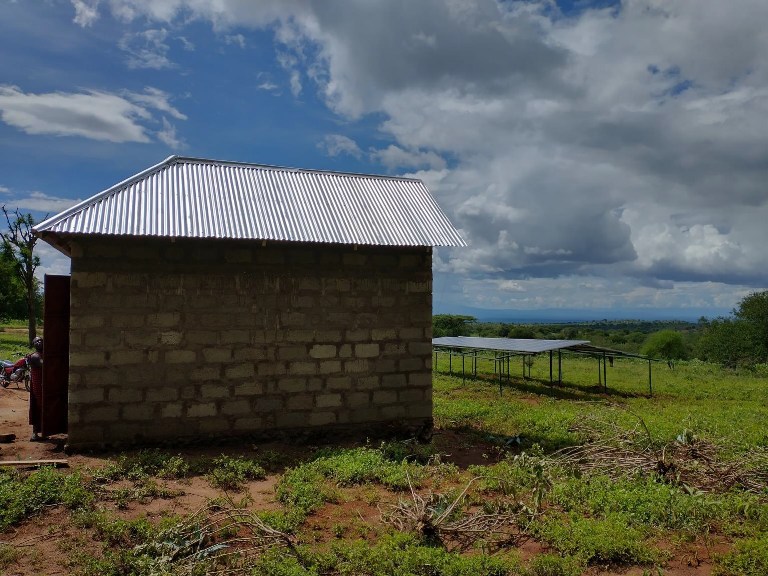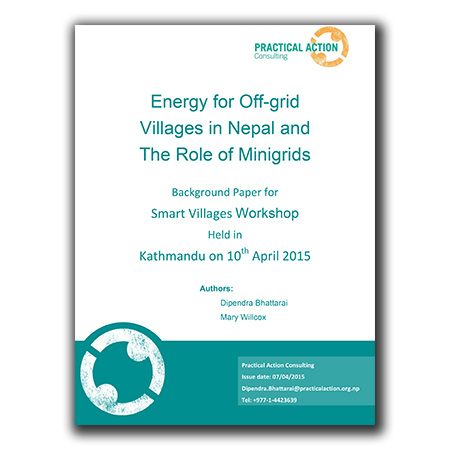Kiruru sub-village is a small community in the Simanjiro District of Northern Tanzania, and the second of the chosen sites for our SICENT project. Roughly 10km via (very bad) mud road from Terat, the local centre (where our partner organisation OMASI is based), Kiruru is actually administratively part of Oiborkishu village, 7km to the north, separated from it by the Terat river.

The only infrastructure in the community is a church, a small shop, an earth hut being used as a (volunteer-run) pre-primary school, and the walls of a future primary school that the community is gradually building for themselves. One thing that impressed our project partners, OMASI, and us about the community is their degree of ambition and drive to improve matters for themselves. Their children face a dangerous 7km walk each way to reach the primary school in Oiborkishu, so they decided to start to build one locally themselves. Our community engagement on their own priorities established a desire to have more commercial activity, shops and services in the sub-village, so that the population did not need to walk the 10km to Terrat or 7km across the sometimes flooded river to Oiborkishu. But the community highlighted their need for essential infrastructure like electricity to make this happen.

We therefore decided to work with the community to build a small solar power system that could generate electricity for new businesses, and other key community uses such as the church and school. And in conjunction with the community, we could then design a sustainable business model so that the community could continue to operate the system themselves in an affordable and reliable manner.

This is a classic example of how productive uses of energy can help drive energy access in remote rural communities. But the community themselves raised one of the key challenges for productive use – “how can a community that does not have any such productive use activities develop them, if they lack the skills, know-how, capital and other infrastructure for them”. This problem is of course a universal one, which is why every university in the industrialised world now aims to provide business incubation services. We realised that this is another key factor holding back the development of rural entrepreneurship in off-grid communities, in addition to lack of electricity, and therefore designed our solution to try to provide some appropriate entrepreneurial incubation facilities alongside the power.

As a result, at the same time as installing an electrical system with 10kW of solar panels, we have provided internet access via a microwave relay, and the space to incubate three fledgling businesses at a time. The first of these, a hair cutting salon, was operational within 5 minutes of the power being turned on! Rental of the space provides an additional income to the Village Energy Committee who run the power system, making it more sustainable. And in turn they and our partners OMASI are able to support the entrepreneurs grow their new businesses.
We shall watch this new model develop with great interest!








